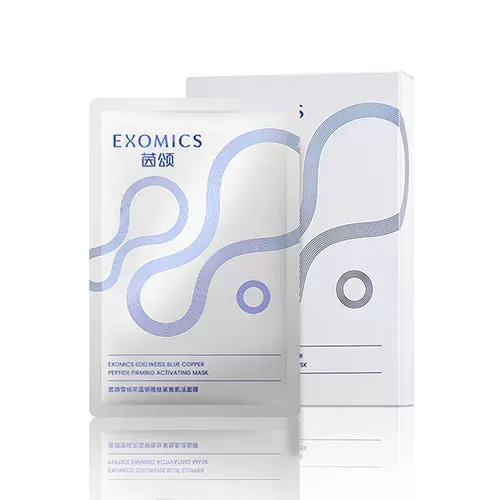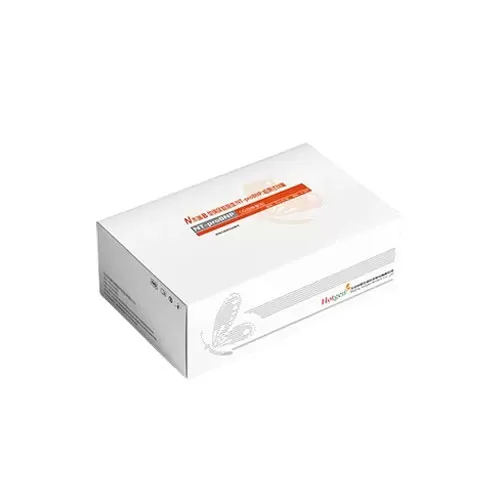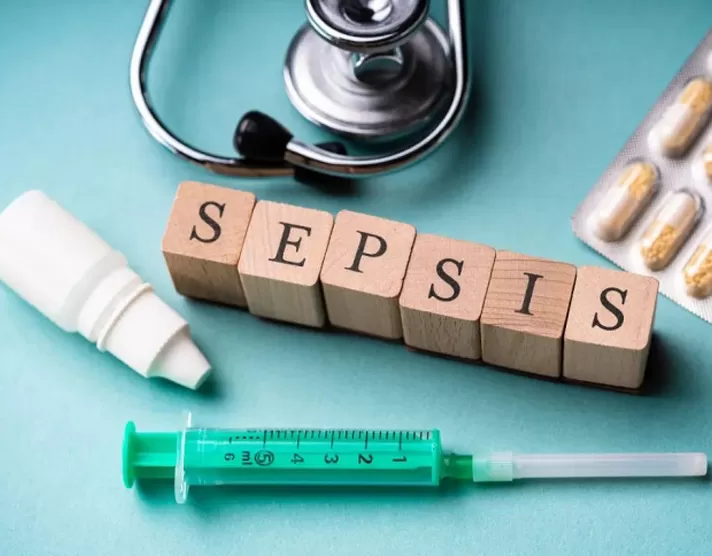Recently, as temperatures rise and rainfall increases, dengue fever has entered a high-incidence season again. According to a WHO report, since 2021, dengue fever cases have doubled every year. In the first eight months of 2024 alone, there have been over 12.3 million cases, including more than 7,900 deaths. This is almost double the 6.5 million cases recorded in the entire previous year. Many local disease control centers have issued warnings, reminding citizens to take precautions. So, what exactly is dengue fever? How can it be prevented? What should be done after infection?
What is dengue fever?
Dengue fever is an acute infectious disease caused by the dengue virus, mainly transmitted through the bites of Aedes mosquitoes (Aedes albopictus and Aedes aegypti). It is classified as a category B infectious disease and is prevalent in tropical and subtropical regions worldwide, especially common in Southeast Asia, South America, and Africa.
Symptoms of dengue fever
After being infected with dengue fever, symptoms typically appear within 3-14 days (average 4-7 days), mainly including: Sudden high fever (39-40℃) - Severe headache, eye pain - Muscle and joint pain (commonly known as "breakbone fever") - Rash (appears 3-5 days after onset) - Nausea, vomiting, fatigue - In severe cases, bleeding (gum bleeding, nosebleeds, subcutaneous bruising) or shock (dengue shock syndrome)
⚠️ Note: Some patients may have mild or even no symptoms, but still have a risk of transmission!
How to prevent dengue fever?
Currently, there is no specific vaccine. The key to prevention is mosquito control!
✅ Household mosquito prevention measures
Eliminate stagnant water: Mosquito larvae (wrigglers) grow in water, so timely clean up potted plants, buckets, discarded containers, and other stagnant water.
Install screens and mosquito nets: Physically block mosquitoes from entering indoors.
Use mosquito repellents, such as electric mosquito coils and mosquito repellent liquids (containing DEET, IR3535, etc.).
Wear light-colored long-sleeved clothing: reduce skin exposure and lower the risk of bites.
✅ Outdoor protection
Avoid staying in areas with dense mosquito populations, such as bushes and grass.
Use mosquito repellent sprays or creams.
Choose accommodations with mosquito control measures during travel.
Scientific detection helps accurate control
Early diagnosis is the key to interrupting the transmission of dengue fever. For patients with a history of mosquito bites and fever, early screening for dengue antibodies allows early detection and control of the infection source. Confirmed patients should be isolated and protected from mosquitoes to prevent further spread of the dengue virus, and clinical symptoms should be closely monitored to timely detect severe warning signs and reduce the risk of death. If the following symptoms appear, it is recommended to conduct etiological testing as soon as possible:
Sudden high fever (39-40℃) with chills
Severe headache, eye pain, muscle and joint pain
Rash or bleeding spots on the skin
Hotgen's solution
To respond to disease control needs, Hotgen offers fast and accurate testing solutions.
For mosquito-borne infectious diseases such as dengue fever and malaria, we specially offer high-quality dengue fever rapid test kits, which are easy to use and provide quick results. As a professional dengue fever rapid test kit manufacturer, our advanced production facilities comply with international standards, ensuring we consistently remain among the top dengue fever rapid test kit factories in the industry. Whether you are a healthcare provider or a distributor, our reliable testing solutions can enhance your diagnostic capabilities.
 English
English français
français Deutsch
Deutsch Español
Español ไทย
ไทย русский
русский português
português العربية
العربية Indonesia
Indonesia







